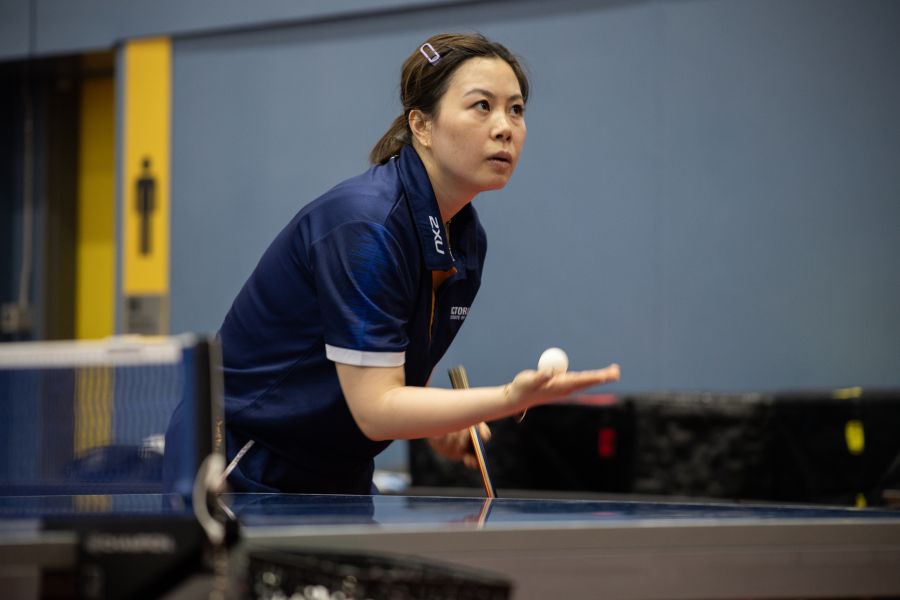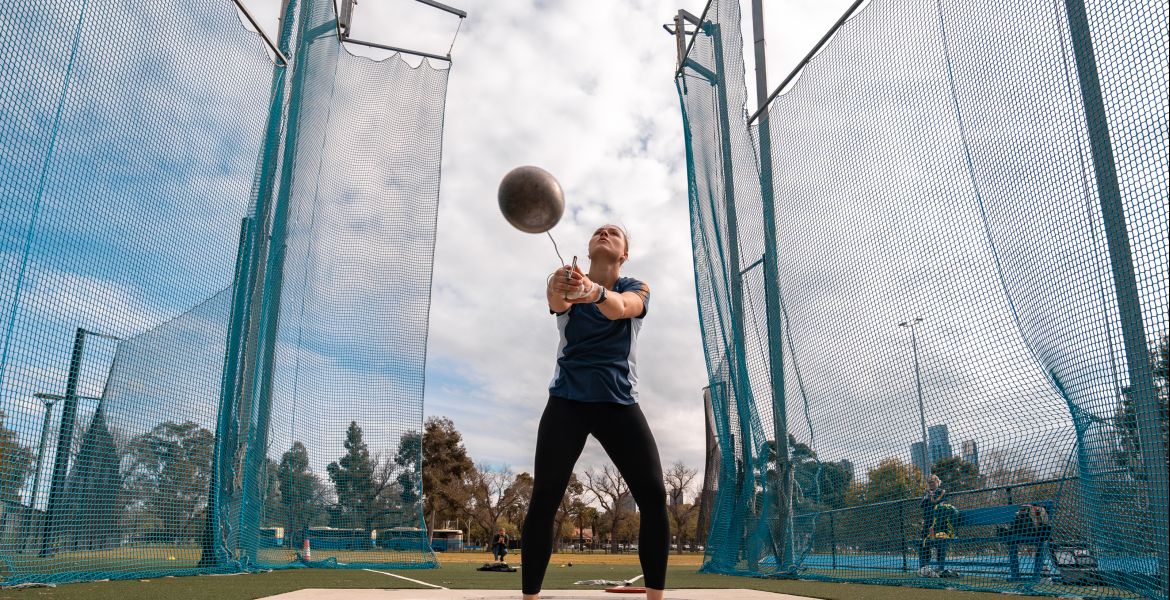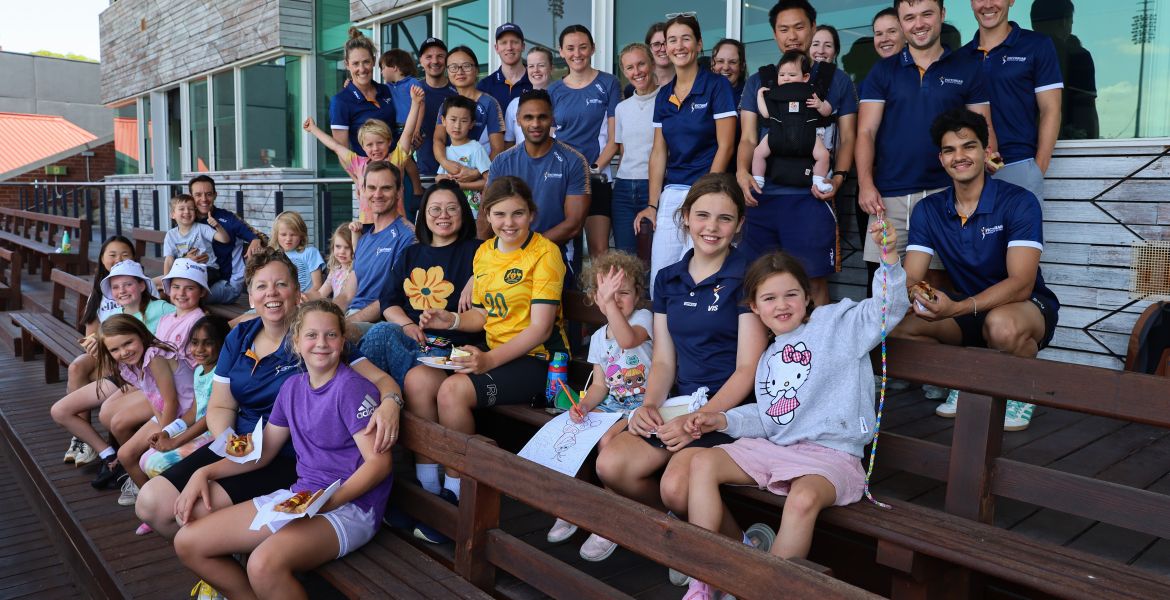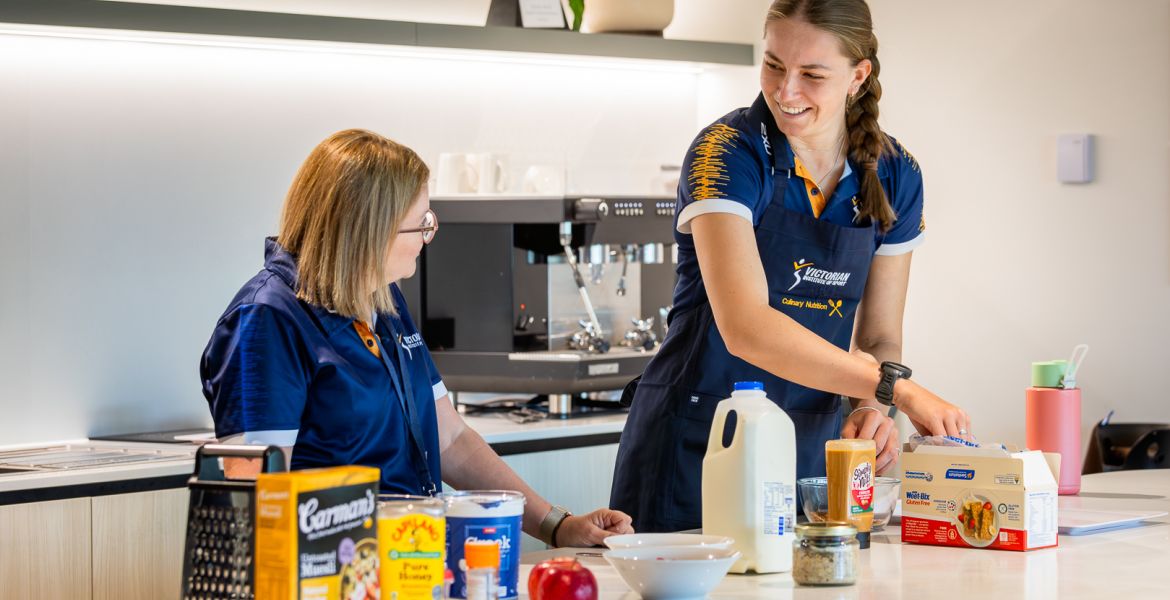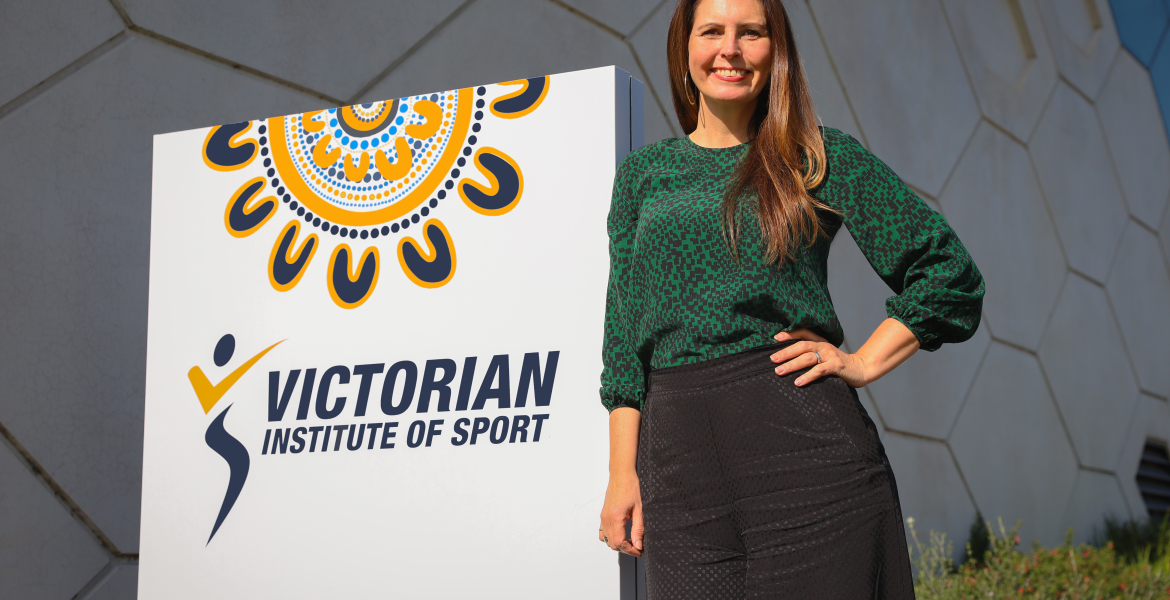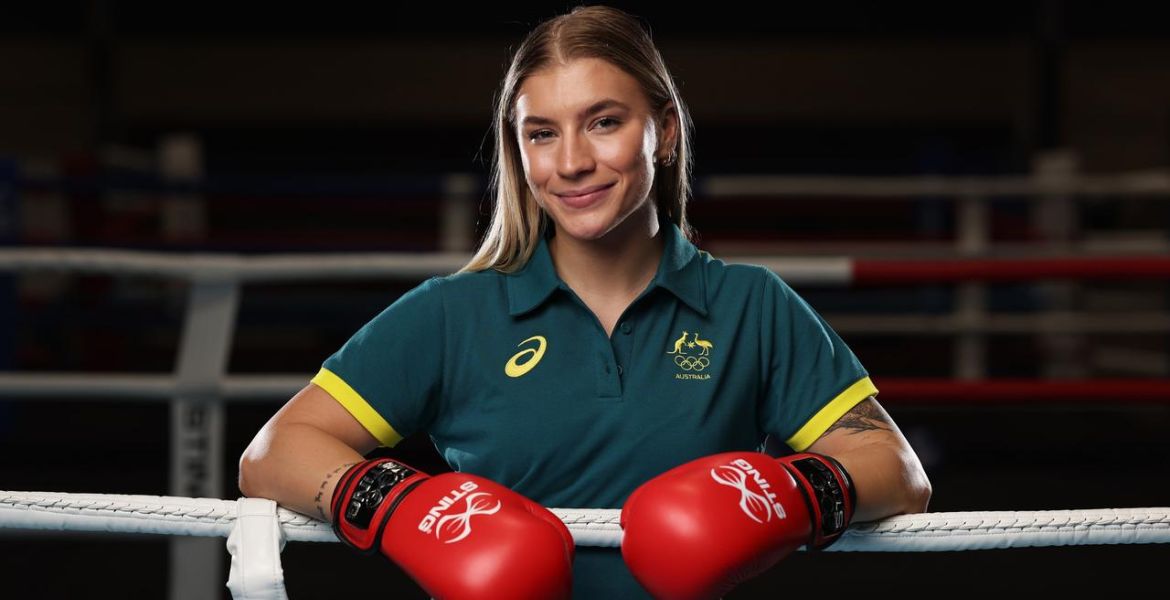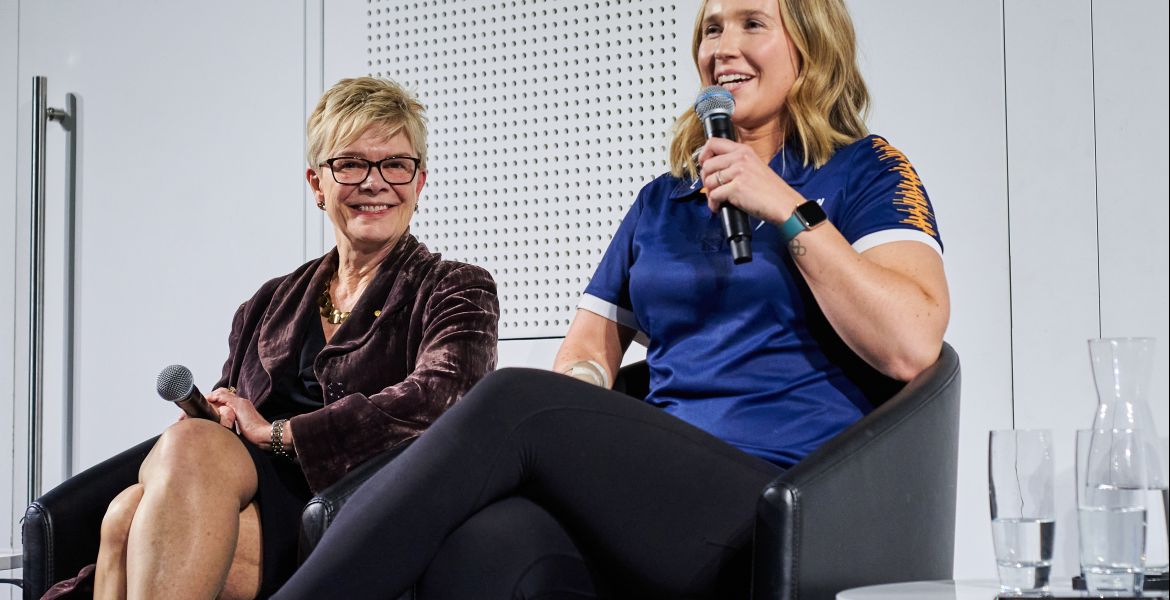By Yuxuan Du
Chinese Translation - full article
"The training regimen in Australia has prolonged my sports career. It is potentially something I will adhere to for my whole life," says Lina Lei, who has a special place in Australian table tennis history as the winner of the nation’s first individual women's Paralympic gold medal.
From the age of seven, to offset the frailty brought on by a partially formed right leg, Lei trained under the strict guidance of her father. Such was her progress that at the age of 13 she joined the able-bodied table tennis program of Jiangsu province.
Her career has since become the stuff of legend.
Since the 2004 Athens Paralympics, Lei has won a total of 5 gold and 3 silver Paralympic medals, including 3 gold medals in singles competition.
At the 2020 Tokyo Paralympics, representing her new country, Lei clinched her third singles gold medal and the first for Australia in 37 years.
"It is a great honour and a source of pride for me to have captured the singles gold medal at the Tokyo Paralympics while representing Australia. I am glad to do my part to make table tennis a better place in Australia " she says.
"This is not only the reward for my efforts, but also a reflection of successful team collaboration. It's the fruit of the collective efforts of my team manager, coach, strength and conditioning coach, nutritionist, and myself."
If the success Lei has known as an athlete has continued, life in Australia has been very different to her existence in China where she was a full-time professional athlete.
In Melbourne, Lei has had to juggle competition and the life of an athlete with the need to work, a balance found with the help of the Victorian Institution of Sport (VIS) where Lei is a scholarship holder.
Typically, she dedicates two days a week to training at the VIS, with each session focusing on lower body and full-body strength training exercises, including leg presses, Smith Machine workouts, medicine ball exercises and jumps.
In addition to this, she embarks on four aerobic training sessions weekly, which involve swimming and gym exercises using a stair-climbing machine. When large scale competitions are on the horizon, she reduces her aerobic workouts, shifting her focus towards gym training and increasing her table tennis practice sessions to up to five per week.
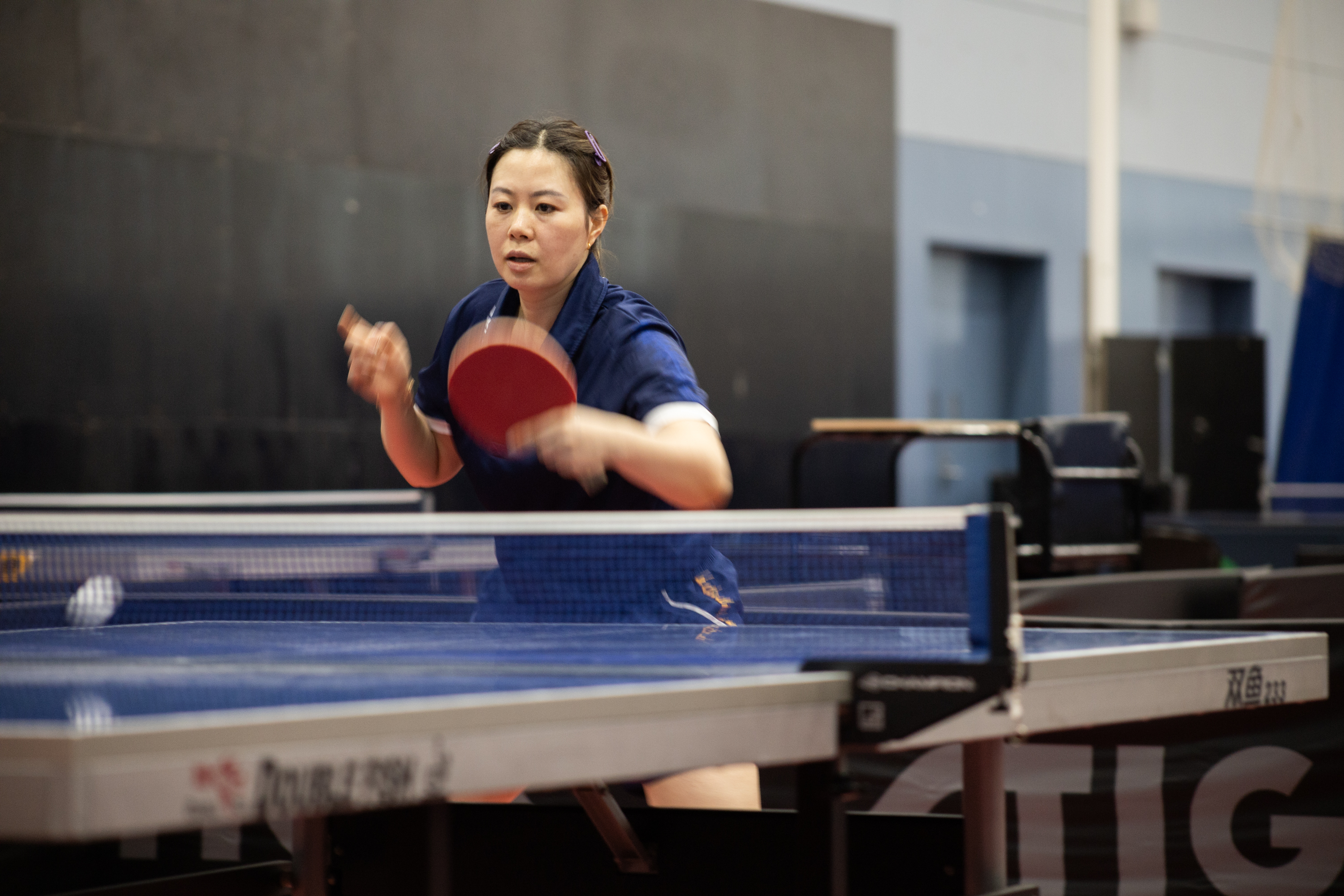
"The move from China to Australia was largely about a transformation in the training approach," she says.
A more regimented training program in China has been replaced by the luxury of being able to listen to her body, train when it suits her best and for as long as she cares to.
This year has been Lei’s second as co-captain of the national Para table tennis team. In this role she is not only competing but nurturing her team-mates, using her vast experience and exalted position in the sport to help prepare the squad for the upcoming Paralympic qualifying rounds. The goal is to ensure as many members of the team as possible secure spots in Paris next year.
"We regularly engage in discussions about the number or the specific qualifying matches that would best serve our team members. And share our experiences from past competitions. The goal is for everyone to draw lessons from each other, thereby sparking the resolve and drive needed to reach their personal objectives," Lei says.
She sees herself as a bridge between the coach and the athletes, assisting her team members to become part of this larger family. She encourages her teammates to share their own experiences, mutually enhance their skills, and jointly tackle new challenges.
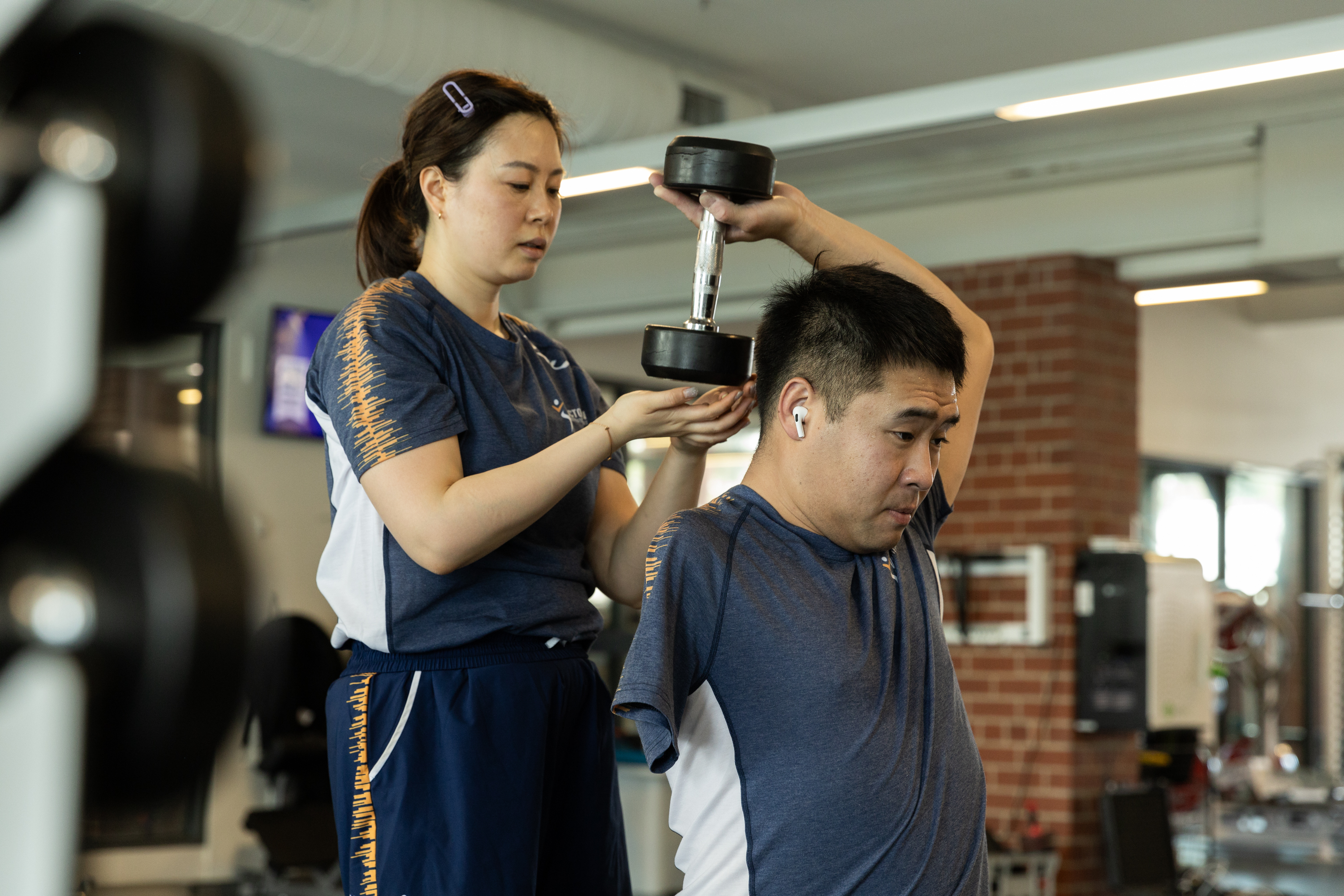
Table Tennis Australia Head Coach (Para), Alois Rosario, knows he has a valuable resource to tap into.
“Her great ability is to relate to the players and have the maturity to share her thoughts with the coaches and support staff,” Rosario says.
“She has a really pleasant and honest demeanour that endears her to everyone.”
This connection can also extend to interpreting for teammates who are less proficient in English, assisting them in building confidence to articulate their thoughts.
“She comes with an inner confidence as a result and is willing to share those experiences with both the players and staff. She is highly intelligent both academically and emotionally so will make great decisions around working with both cohorts,” Rosario adds.
As competitions draw near Lei typically introduces greater intensity to the team's training combined with the wisdom of her longevity and success.
“I approach all matches with the same attitude, whether they're high-stakes games or just practice sessions," she says.
"In large-scale competitions, it is crucial to keep your own rhythm and aim for a consistent performance."
Keeping one’s own rhythm and sticking to these beliefs is her methodology, and the pragmatic advice she shares with the younger athletes.
"Before each competition, you are bound to encounter a multitude of voices. The key is to persist in believing in yourself, particularly in times of adversity—do not give up easily. When you take each step with solid footing, there will be gains. These gains are not just reflected through sporting achievements, they also help to strengthen your will and shape your character," she says.
As table tennis has unquestionably shaped Lina Lei’s.

